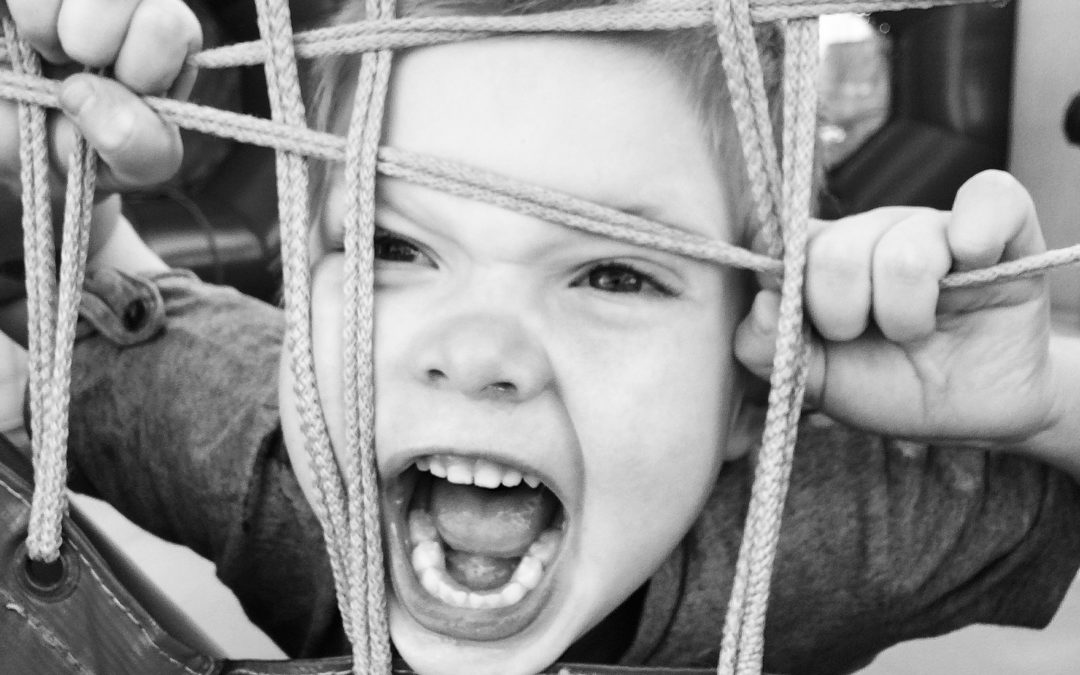Former teacher and contributor to Buzzparent.com, Matt Morrisey, shares some top tips for teaching your children empathy…
I often get frustrated when taking to other parents or teachers about children’s education, as so much of the discourse revolves around ‘academic’ and ‘school’ learning. It’s great that our kids can learn about science with STEM toys before they’re toilet-trained, but no one ever seems to talk about helping children to develop truthfulness, a sense of justice or empathy.
Children need to learn moral behaviour and principles just as much as numbers and letters, and a strong sense of empathy will be one of the cornerstones of a caring, responsible and kind adult. However, just like maths and science, a child’s potential for empathy needs to be nurtured and encouraged. Science has even shown that there are specific parts of the brain that deal with empathy and that compassion can be trained, so let’s get the training started immediately with a few ideas to encourage empathy in your children.
1. Teach kids words that describe emotions
To appreciate empathy, your little one needs to understand what emotions are and have a vocabulary to express them. This can begin with very simple everyday conversations about how they or you are feeling:
“I can see that you are disappointed because we can’t go to the park today.”
“Are you excited that grandpa is coming to stay for the week?”
“I’m frustrated because the bad traffic made me get home from work late. It makes me sad because I have less time to spend with you.”
Scientific research has shown that understanding emotions and knowing the words to describe them helps people to control themselves and makes them less likely to hurt others. Therefore, helping your child to understand how they and others feel and giving them the words to express these feelings will be an important first step in teaching empathy.
2. Help children ‘read’ faces
According to psychological studies, the ability to ‘read’ emotions in faces is an important part of developing empathy. However, younger children and toddlers often find it difficult to recognise people’s facial expressions, making it hard to empathise.
Playing simple games with children, such as picking out the feelings of people in picture books or magazines, or acting out emotions with them in role play, will help them learn to recognise facial expressions, a key tool they need for empathic behaviour.
3. Praise and encourage empathic behaviour in kids
When you see your child showing empathy, praise this behaviour, and make it clear that they understand why you are doing so. For example:
“It was very kind of you to let your little sister play with your trucks today. She was upset, and you really cheered her up.”
In this way, you can positively reinforce this kind of good behaviour and encourage them to continue. Please be aware, though, that studies have shown that rewarding good behaviour with presents or money actually makes children less likely to be helpful or generous.
4. Discuss TV shows and books
Discussing other people’s emotions will contribute a lot to your children’s emotional development. For example, every good kid’s book will have characters showing emotions in the story, and you can start with simple questions like: “How does the rabbit feel here?” and “Why do you think he feels that way?”.
These discussions can then move into real-life examples, like things that happen at nursery or school, and will help your child think about how others feel, and how their actions can affect them.
5. Teach kids respect and tolerance for all
Studies have shown that humans in general are much more likely to empathise with those they feel familiar with or connected to. Therefore, as a parent, you need to teach your child to respect others, and help them to understand how their actions can make others feel happy or sad. Teaching children respect for the elderly, adult men and women, different religions and ethnic groups, and also encouraging them to respect the similarities between us will help them to show empathy and compassion for all. Focus on what unites us, not on what separates us.
6. Be a role model for empathy
“Children have never been very good at listening to their elders, but they have never failed to imitate them.”
— James Baldwin
Children learn through imitation, consciously and unconsciously, and genuinely demonstrating empathy, tolerance and care for other’s well-being will set the strongest foundation for your child.
However, parents who preach empathy but are argumentative and intolerant with each other and the family will only confuse their children. Worse still, the children’s natural tendency to imitate their parent’s behaviour can easily win over following what their parents say, so don’t underestimate the impact of the example you set.
Links for further reading:
parentingscience.com/helpful-kids-and-rewards.html
parentingscience.com/facial-expressions-for-kids.html
psychologytoday.com/blog/the-athletes-way/201310/the-neuroscience-empathy
psychologytoday.com/blog/the-athletes-way/201310/the-neuroscience-empathy
Matt Morrisey is a former teacher and a regular contributor to parenting blogs and websites including buzzparent.com, where he writes about topics ranging from kids’ toys and activities to parenting life hacks. He is currently studying a PhD.








